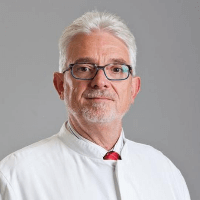Thyroid Cancer — Radioiodine Therapy: treatment in the Best Hospitals in the World
Treatment prices are regulated by national law of the corresponding countries, but can also include additional hospital coefficients. In order to receive the individual cost calculation, please send us the request and medical records.

Department of Nuclear Medicine
The Department of Nuclear Medicine offers the full range of diagnostic and therapeutic procedures using modern radioactive substances. The diagnostic options include scintigraphic studies of the lungs, heart, brain, kidneys, lymph nodes, bones, including in small patients. In the field of therapy, one of the priority focuses is the use of radioiodine therapy for thyroid pathologies. Medical care and patient care are provided by highly qualified doctors and nursing staff who believe that the health and wellbeing of their patients is a top priority.
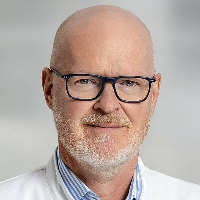

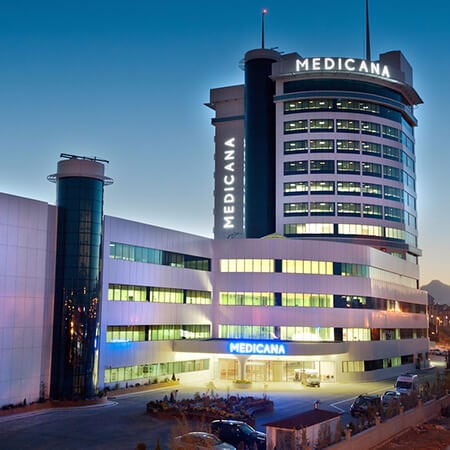
Department of Nuclear Medicine
The Department of Nuclear Medicine offers the full range of radionuclide diagnostics and treatment methods. The main fields of their usage are oncology, cardiology and neurology. The department's specialists have at their disposal the cutting-edge PET-CT Discovery IQ devices, gamma cameras and scintigraphy systems, which provide the most detailed imaging of pathological changes, assessment of their localization, structure and spread.
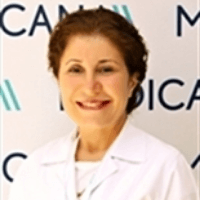
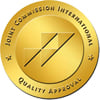

Department of Nuclear Medicine
The Department of Nuclear Medicine offers the full range of modern diagnostics and therapy using various radioisotopes. The department is equipped with the advanced systems for carrying out such high-precision and informative examinations as SPECT, PET, etc. The department carries out more than 8,000 outpatient examinations annually. The key focus in the field of diagnostics is on the detection of neurological, cardiac and oncological diseases. The department's therapeutic options include the treatment of benign and malignant diseases of the thyroid gland, pain therapy in bone metastases, treatment of malignant tumors in children (for example, neuroblastomas). The spectrum is also complemented by such innovative techniques as radiosynoviorthesis, selective internal radiation therapy and radioimmunotherapy.
